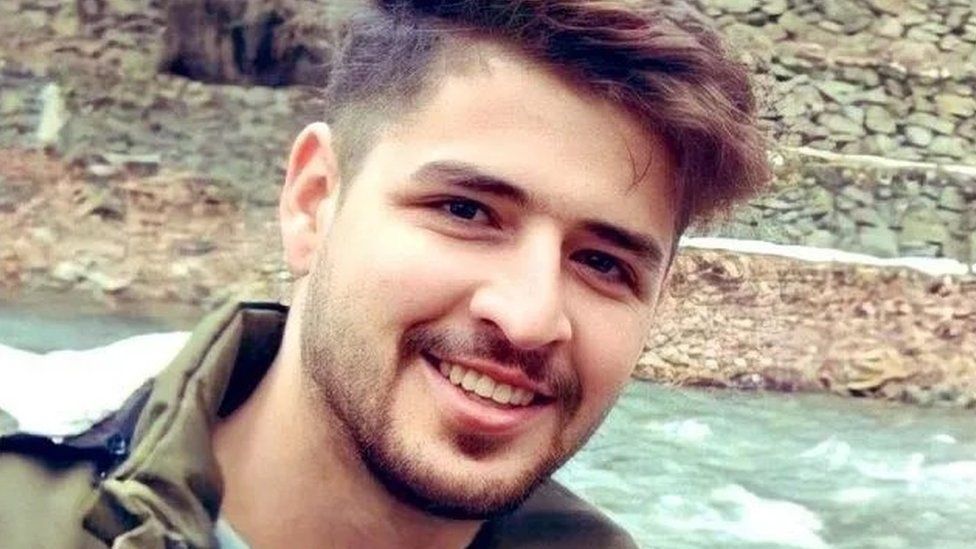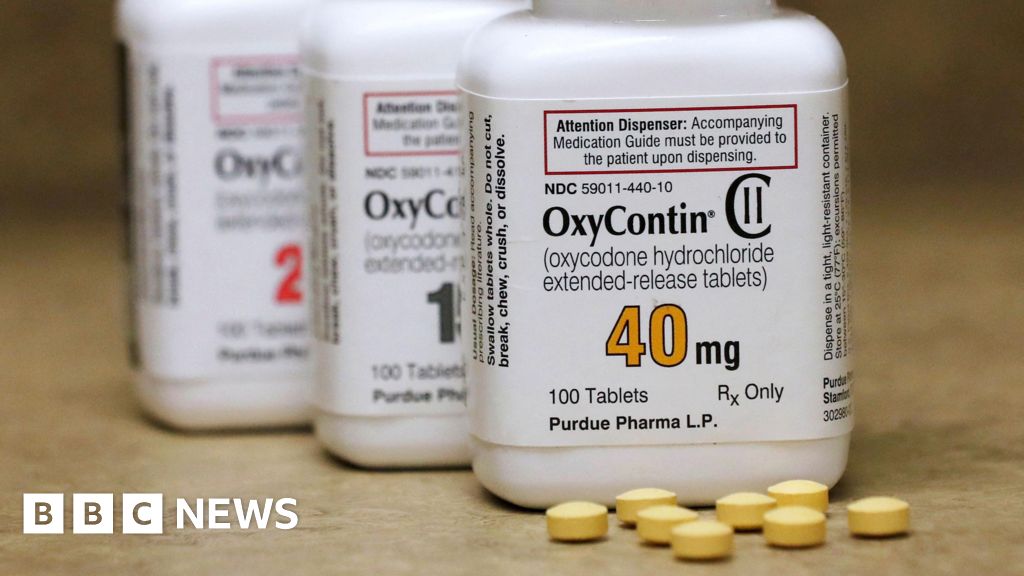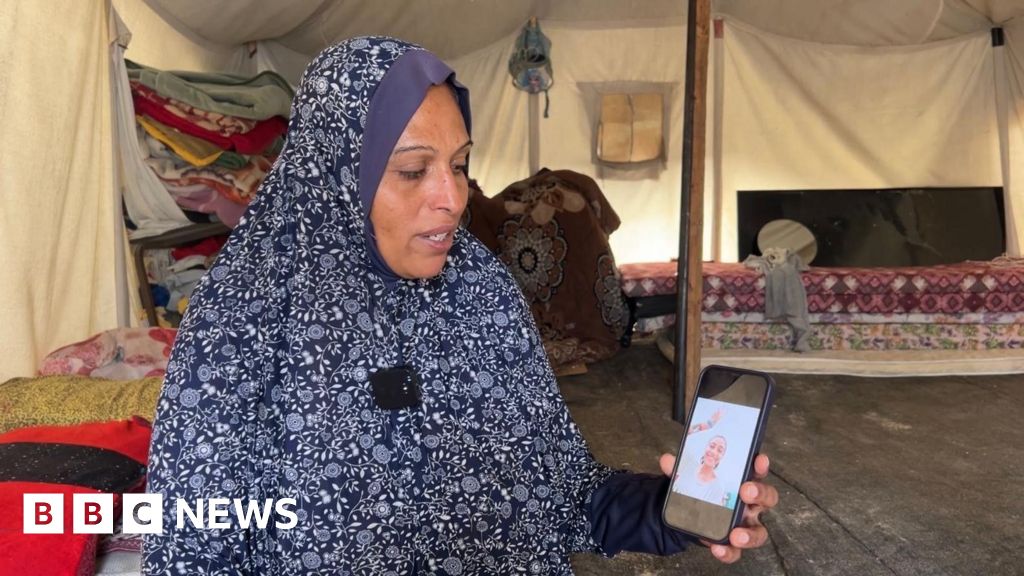ARTICLE AD BOX
 Image source, UGC
Image source, UGC
Mohammad Ghobadlou is the ninth person to have been executed in relation to their involvement in the 2022 protests
Iran has executed a man who was sentenced to death in connection with mass protests against the clerical establishment, the judiciary says.
Mohammad Ghobadlou, 23, was convicted of murder and "corruption on Earth" for allegedly running over a policeman with his car and killing him during a protest near Tehran in September 2022.
Rights groups said he faced an unfair trial marred by torture allegations.
Appeals to take into account his mental health condition were also rejected.
He is the ninth person to have been executed in relation to their involvement in the protests. At least four others are believed to be under sentence of death and 15 others are at risk of being handed the death penalty.
The nationwide unrest was triggered by the death in custody of Mahsa Amini, a 22-year-old woman who was detained by morality police for allegedly wearing her hijab "improperly".
Hundreds of people have been killed and thousands detained in a violent crackdown by security forces, which have portrayed the protests as "riots".
The judiciary-run Mizan news agency said Mohammad Ghobadlou's death penalty was implemented on Tuesday morning, after being upheld by the Supreme Court.
Videos posted on social media showed members of his family - reportedly including his mother and aunt - crying out in anguish at the gates of Qazalhasar prison in Karaj, moments after he was hanged.
On Monday night, Ghobadlou's mother had made an emotional, videotaped appeal to the family of the policeman he was convicted of killing, asking them not to enforce the punishment of "qisas", or retribution in kind.
She had previously urged the judiciary to take into consideration that her son had been diagnosed bipolar disorder as a teenager and had stopped taking his medication two months before the protests, diminishing his responsibility.
Ghobadlou's lawyer, Amir Raesian, wrote on Instagram overnight that the execution would be illegal and amount to "murder". He argued that the Supreme Court had in July struck down the death sentence because of his client's mental health condition.
However, Mizan reported that Mr Raesian's claim was not true, saying the Supreme Court had twice rejected such appeals.
Amnesty International said last year that Ghobadlou had received two death sentences after "grossly unfair sham trials marred by torture-tainted 'confessions' and failure to order rigorous mental health assessments despite his mental disability".
According to information obtained by the human rights group, he was denied access to a lawyer by investigators following his arrest and that he was subjected to repeated beatings and not given his bipolar medication in order to force his "confession".
It said he was also denied an independently chosen lawyer at his trial before the Revolutionary Court, which consisted of two brief sessions in October and November 2022. At his two Criminal Court trial sessions that December, the lawyer he appointed was denied access to material evidence.
Mahmood Amiry-Moghaddam, director of the Norway-based group Iran Human Rights, denounced Ghobadlou's execution as "an extrajudicial killing".
"The Islamic Republic's leader Ali Khamenei and his judiciary must be held accountable for this crime," he wrote on X, formerly Twitter.
After learning on Monday that the execution was imminent, imprisoned human rights activist and Nobel Peace Prize winner Narges Mohammadi had called on Iranians to express their solidarity with Ghobadlou's family.
"The execution of Ghobadlou is a deliberate act of murder & a crime & in the face of murder, silence is betrayal," she wrote in a post on a Threads account run by relatives.
"Don't leave Mohammad's family alone. Let's stand with them tonight. Anyone in any way possible, shout: 'Do not execute!'"

 1 year ago
19
1 year ago
19








 English (US) ·
English (US) ·